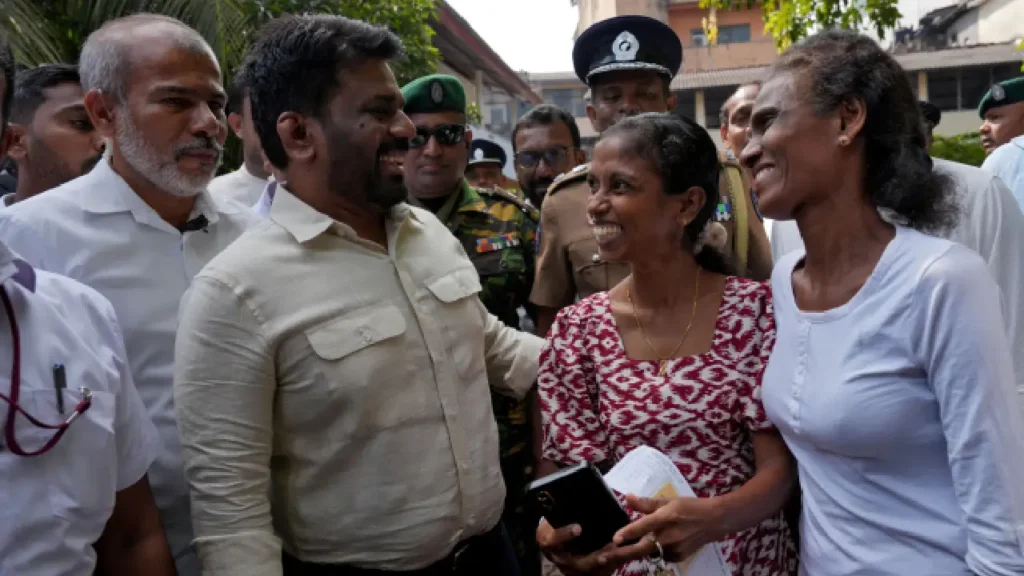Partial results show that the newly elected President Anura Kumara Dissanayake’s National People’s Power coalition is going to secure a great victory in the snap parliamentary elections in the country. The NPP have already secured 97 seats above 60% of the vote share in this election and will strive for securing 113 seats in the 225-member parliament in order to get clear majorities.
A win at the threshold would allow Dissanayake’s coalition the chance to advance reforms on corruption and economic revival, two issues that have led to wide-scale voter discontent about rising costs of living and a shrinking economy.
Dissanayake, who came to office in September 2024, was demanding these elections to synchronize the legislative branch with his mandate after an economic crisis saw the ouster of the previous Rajapaksa administration. He claimed that the then parliament was not in sync with people’s needs and should be replaced.
Analysts say that the left-leaning NPP coalition will fare well and could even be on their way to a two-thirds supermajority, the number of seats needed to push through wide-ranging legislative reforms. The JVP party, one of the significant players in this coalition, previously had only three seats, so this is a major gain in influence if the lead holds up in early results.
Economic Hardship Remains Priority Issue
Sri Lanka remains in an economic crisis, combined with inflation and shortages in food and fuel as well as a political shake-up last year. After the $3 billion bailout from IMF, daily hardships continue, with nearly 26% of the country’s population slipping below the poverty line now. The World Bank predicts minimal growth of 2.2% for 2024, and hence the new government will have its work cut out when it comes to balancing the economy.
The living cost crisis has been an election issue from the start, and garment workers and citizens continue to raise and vent over unmet basic necessities and inflationary hurts. The coalition led by Dissanayake advocates for an increased state intervention, lower taxes, and leftist economic policies at the expense of the population to ease financial pressures.
Divided Opposition and Campaign Atmosphere
A divided opposition is also a contributory factor in the NPP’s rise to power. An opposition alliance led by former presidential candidate Sajith Premadasa was never cohesive since it fractured when other parties contested on independent tickets or opted to become even smaller groups. Arguably, this has neutered opposition efforts and has made it easier for the NPP to build momentum among voters.
If it’s ratified, it would make Dissanayake’s coalition a more potent force in parliament, free to pursue its reform agenda with fewer impediments. Observers note, though, that the administration will come under intense pressure to deal with the urgent economic and social issues that prompted elections recently.
